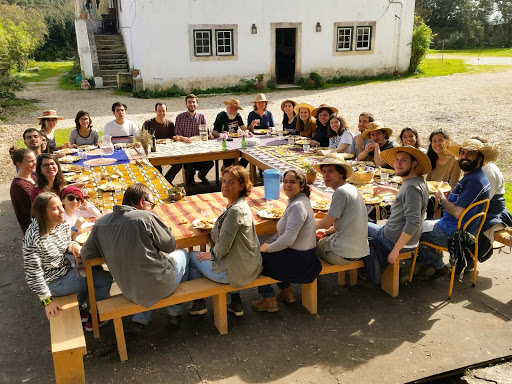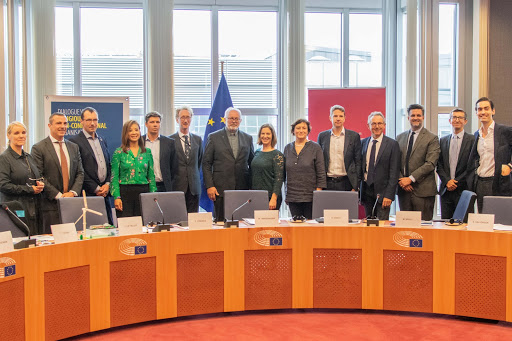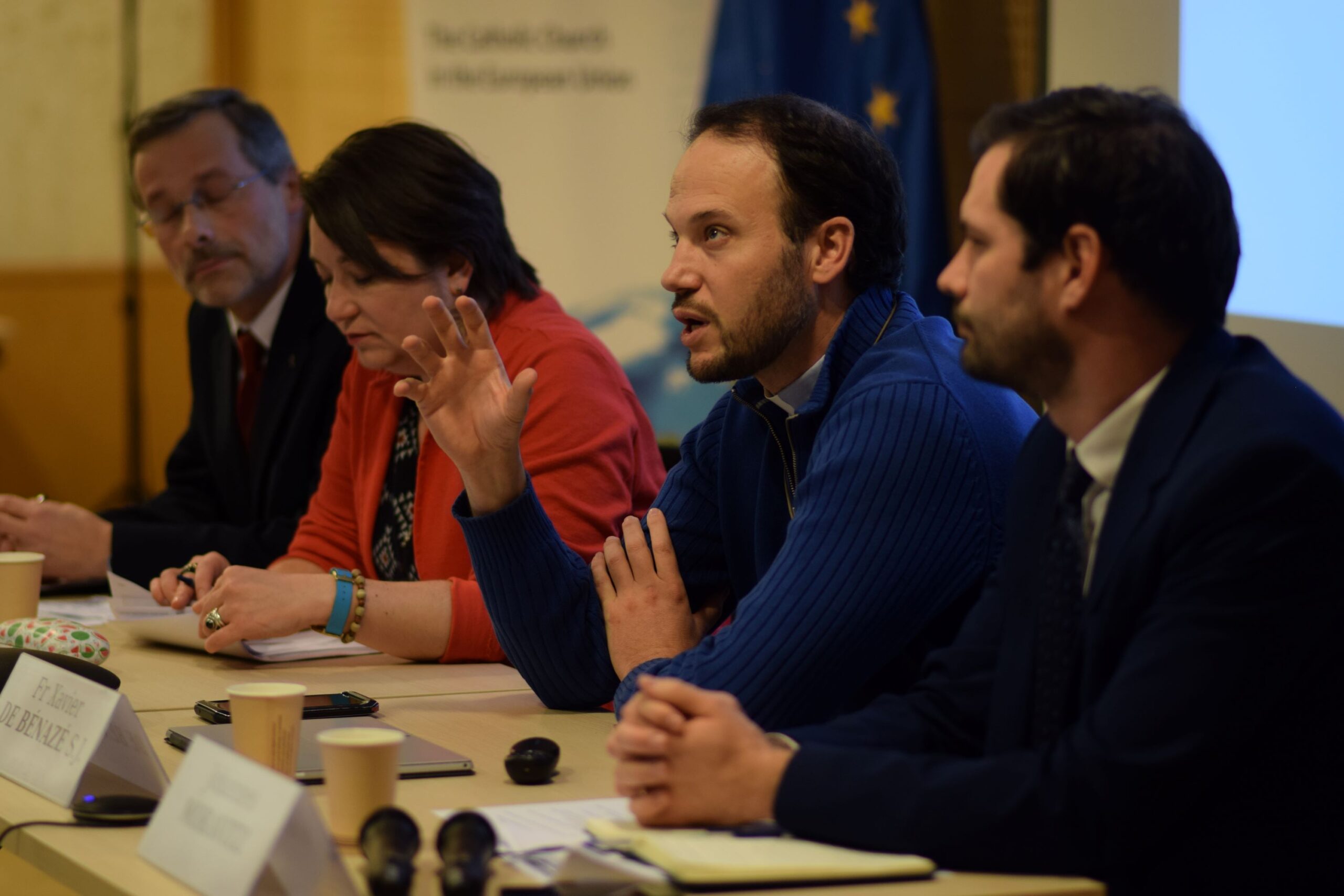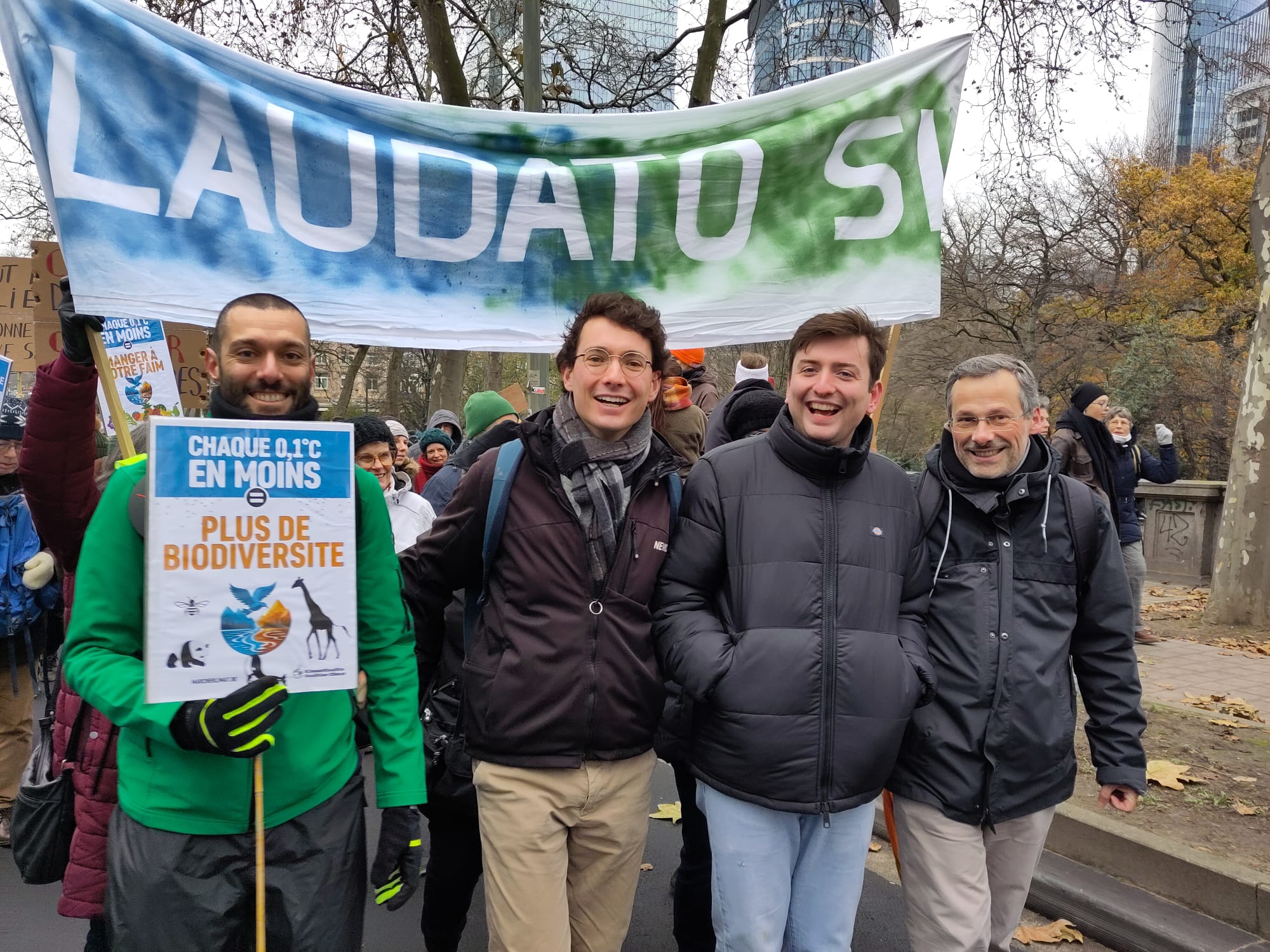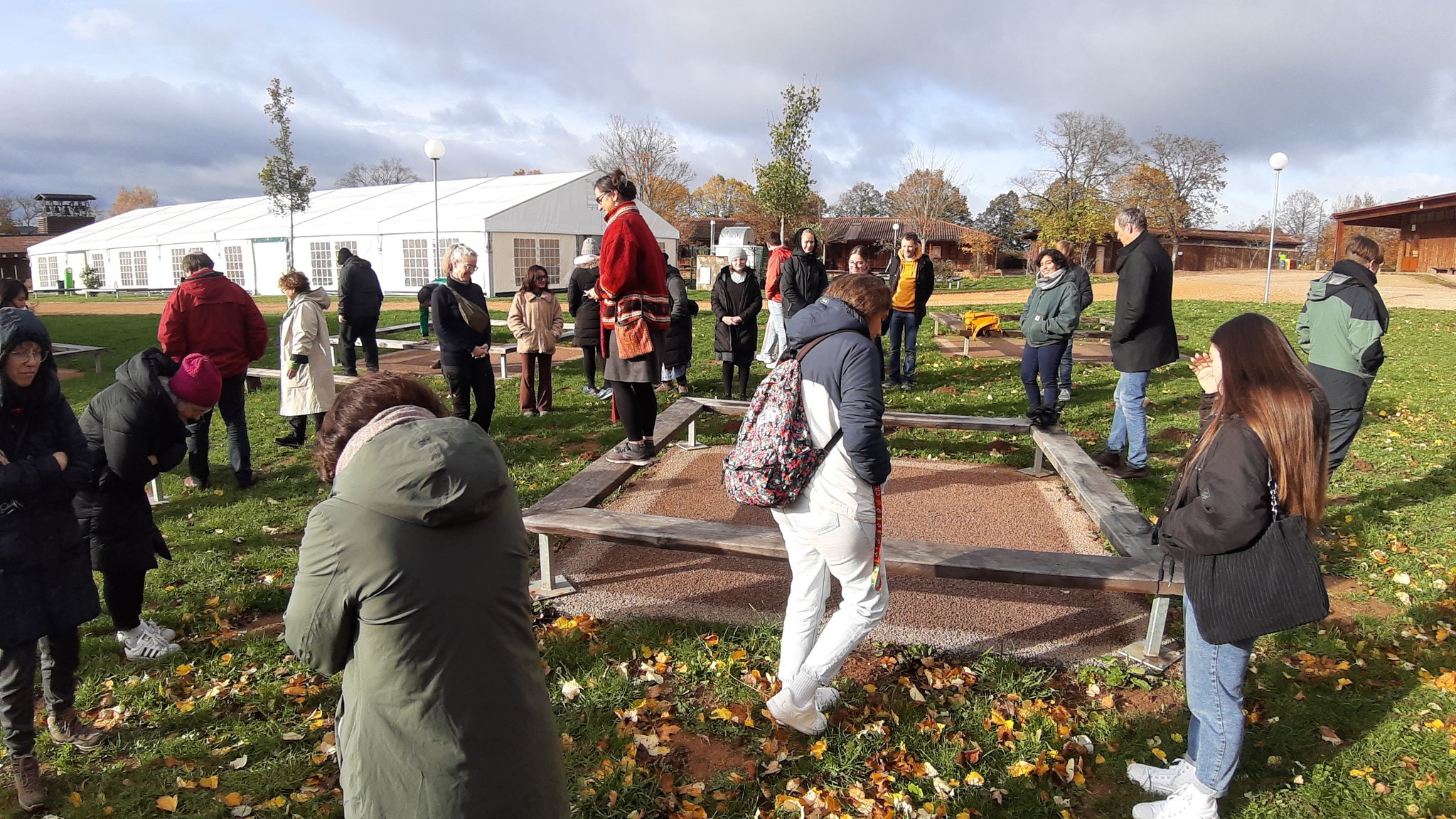ECOLOGY
The Jesuits’ Fourth Universal Apostolic Preference is Caring for our Common Home. Our work centers on supporting Faith-Based Organizations in their ecological transition and addressing pressing EU environmental policy issues.
JESC Ecology develops along four lines of work: JESC Carbon Initiative (JCI), Future Generations Initiative (FGI), Food Policy and Climate Justice.
-
The JESC Carbon Initiative (JCI) guides faith-based organizations through their ecological conversion and climate transition. Using tailored environmental assessments, we help them develop carbon inventories, improve sustainability, and reduce emissions and resource use.
-
The Future Generations Initiative (FGI) advocates for the EU to establish a Commissioner for Future Generations and future-fit tools in the work of the European institutions. This focus on our responsibility to future generations by incorporating long-term perspectives into policymaking and public discourse.
-
As for the Food Policy program, it addresses the EU’s crucial food and agriculture policy. In collaboration with other Christian actors in the ‘Our Daily Bread’ network, we strive for an agricultural system that delivers affordable, healthy, and sustainable food for everyone.
-
Finally, JESC pursues the cause of Climate Justice through advocacy and awareness-raising work regarding high level climate policies, again in collaboration with various Jesuit, Catholic, faith-based and other secular partners.

